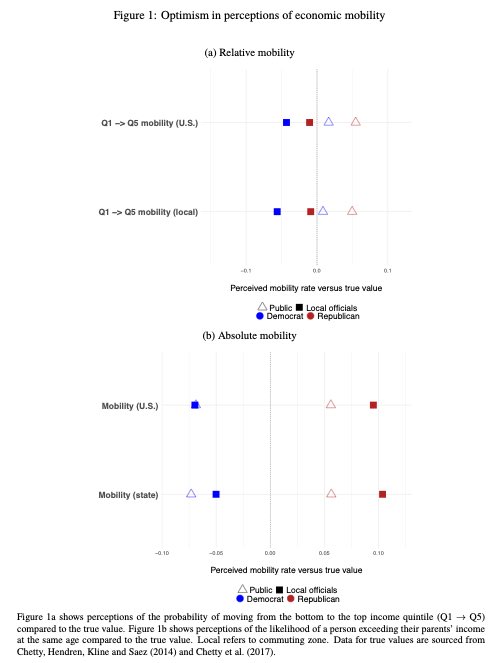
How Values & Racism Matter for American Immigration Views
New @niskanencenter #ScienceOfPolitics podcast/transcript with Mark Ramirez & Matthew Wright
niskanencenter.org/values-and-rac…
New @niskanencenter #ScienceOfPolitics podcast/transcript with Mark Ramirez & Matthew Wright
niskanencenter.org/values-and-rac…
The new episode reviews Ignored Racism, a book by Mark Ramirez & @daveamp using a new Latino attitudes scale mirroring racial resentment to predict vote choice & policy views:
niskanencenter.org/values-and-rac…
My thread here:
niskanencenter.org/values-and-rac…
My thread here:
https://twitter.com/mattgrossmann/status/1363243777230573570
We also discuss “Immigration & the American Ethos” by Matthew Wright & Morris Levy, which argues that values & norms drive immigration attitudes, with the effects of prejudice minimized by counter-stereotypical information
niskanencenter.org/values-and-rac…
Thread here:
niskanencenter.org/values-and-rac…
Thread here:
https://twitter.com/mattgrossmann/status/1363559682338611205
• • •
Missing some Tweet in this thread? You can try to
force a refresh









